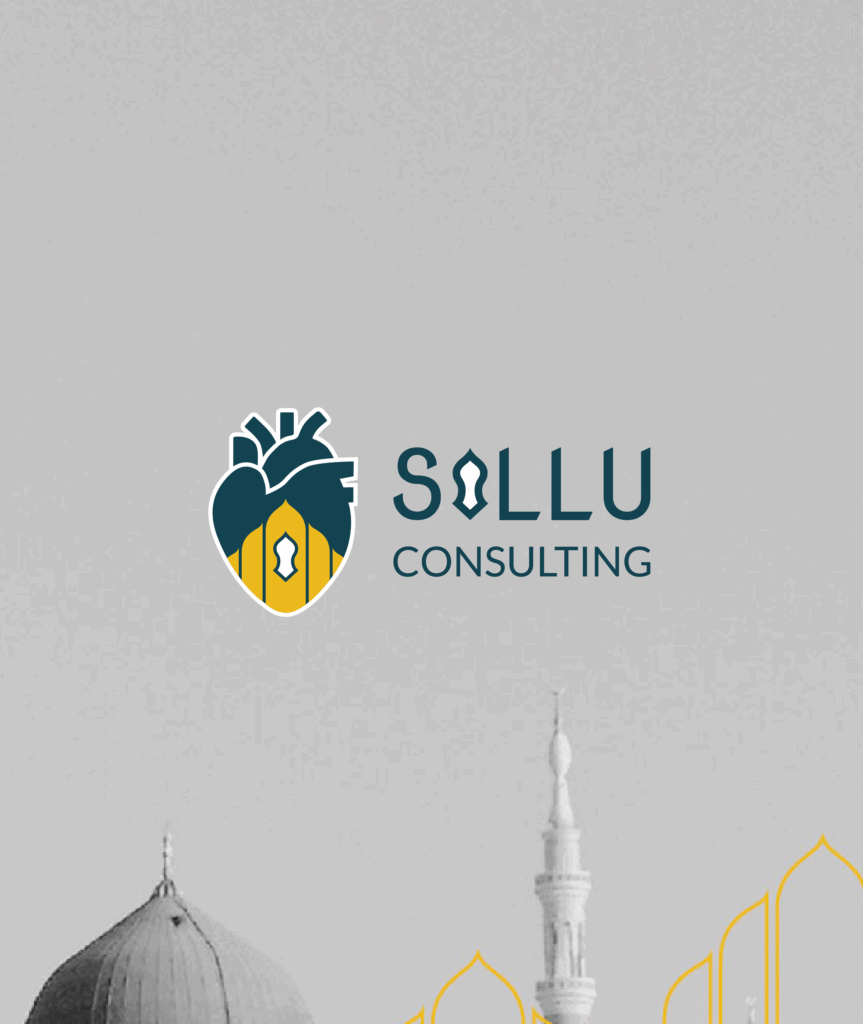Heart-based Islamic Governance
Delve into the core principles of an Islamic system of governance using the Islamic Governance Conceptual Matrix
Seeking to transform your governance or organization with timeless values?
WHERE do you find proven Islamic models for ethical leadership?
WHAT makes Islamic values-based system ethical, effective and efficient?
HOW do you translate these values into practical policies and culture?
This online training is for you!
We provide an online training to help you understand the core principles of an Islamic system of governance using the Islamic Governance Conceptual Matrix. The Matrix will enable you to craft your personalized governance to meet your current and future needs.
What is Heart-based Islamic Governance training?
Islamic governance is a concept established upon an over 1400 year-old civilization with extensive experience in rulership, its challenges, and organization, across different nations and cultures. Islam bequeathed a rich intellectual heritage to the world.
Yet, questions persist about what exactly Islamic governance is. What is the conceptual framework for constructing the Muslim ideal of ‘good governance’? To realize any form of effective governance, what are the strategic objectives of such a system? How can these strategic objectives be achieved?
The 9-week online training guides participants in discussing these questions. It offers an innovative framework called the Islamic Governance Conceptual Matrix for exploring and articulating the possibilities for implementing an Islamic system of governance.

What Am I Expected To Learn?
By the end of the training, insyaAllah you will:
- Understand the higher strategic objectives of Islamic governance
- Understand the operationalization of Islamic governance
- Design personalized Islamic good governance for current and future


To achieve these training objectives, there are 9 sub-topics delivered in weekly bite-sized lectures and quizzes.
The sub-topics are:
- Introduction to Islamic Governance
- The Madinian Polity
- Maqasid Al-Shari’ah
- Levels of Agency
- Theology of Governance
- Governance and Jurisprudence
- Value-driven Governance
- Governance and Cultural Context
- Personalizing Islamic Governance
Who’s This Training for?
This online training is suitable for professionals that want to understand what Islamic governance is, and how they can develop themselves personally and professionally. It is suitable for those with working experience in any field profession to complement their current understanding. It is particularly useful for:
- Policy-makers
- Administration
- Managers
- Teachers
- Community Leaders
- Professionals



Who is your Trainer?
Dr Iznan Tarip is a lecturer in Islamic Governance in Brunei. He has been training on the Islamic Governance Conceptual Matrix since 2018, and teaching it since 2020. He regularly conduct research and consultancy using this Matrix, and is well-versed in its complexity.
Testimonials

Next Cohort Starts on…
16 January 2026M
If you Sign up, you will get…
✔ 9 Sub-topics of Comprehensive Pre-recorded Lectures
Dive deep into each topic with a mix of bite-sized videos, articles and other learning activities
✔ 9 Sets of Weekly Quizzes & Discussions
Reinforce your learning of sub-topics with quizzes and discussions with the cohort
✔ 5 Live Group Coaching Sessions
Interact directly with our expert instructor in a welcoming environment
✔ 5-Month Access to Moderated Discussion Spaces
Engage in focused discussions with peers and experts, with added moderation to keep conversations on track
✔ 5-Month Access Private Learning Community
Join a supportive and active community of like-minded learners to share insights, resources, and motivation
✔ 5-month Access to Online Learning Materials
Continue to learn and revisit materials at your own pace
✔ Bonus Materials and Extra Resources
Get access to exclusive content, additional reading materials, and downloadable resources.
✔ 24/7 Dedicated Support
Get round-the-clock assistance to ensure you never face a hurdle alone
✔ Certificate of Completion
Earn a shareable certificate to showcase your newfound knowledge and achievements
Your Investment
Heart-based Islamic Governance Training
BND699
limited seats available!
FAQs
What is the medium of communication?
All sessions will be delivered in English, with some Arabic terms used with translations.
Do I need a qualification in Islamic studies?
There is no expectation for you to have an Islamic studies background. Having a basic understand of Islam would be an advantage.
What is the level of commitment expected for this training?
A minimum of 1 hour per week is expected to go through the bite-sized pre-recorded lectures and quizzes. There are additional discussion spaces and reading materials for you to explore beyond the basic training. We encourage participants to use these spaces and resources for maximum benefit.
Do I need to participate in all activities to obtain the Certificate of Completion?
You are only required to watch the lectures and answer the quizzes.
When did this course started?
A version of this training in the form of a graduate module was offered in a Brunei university since 2017.


